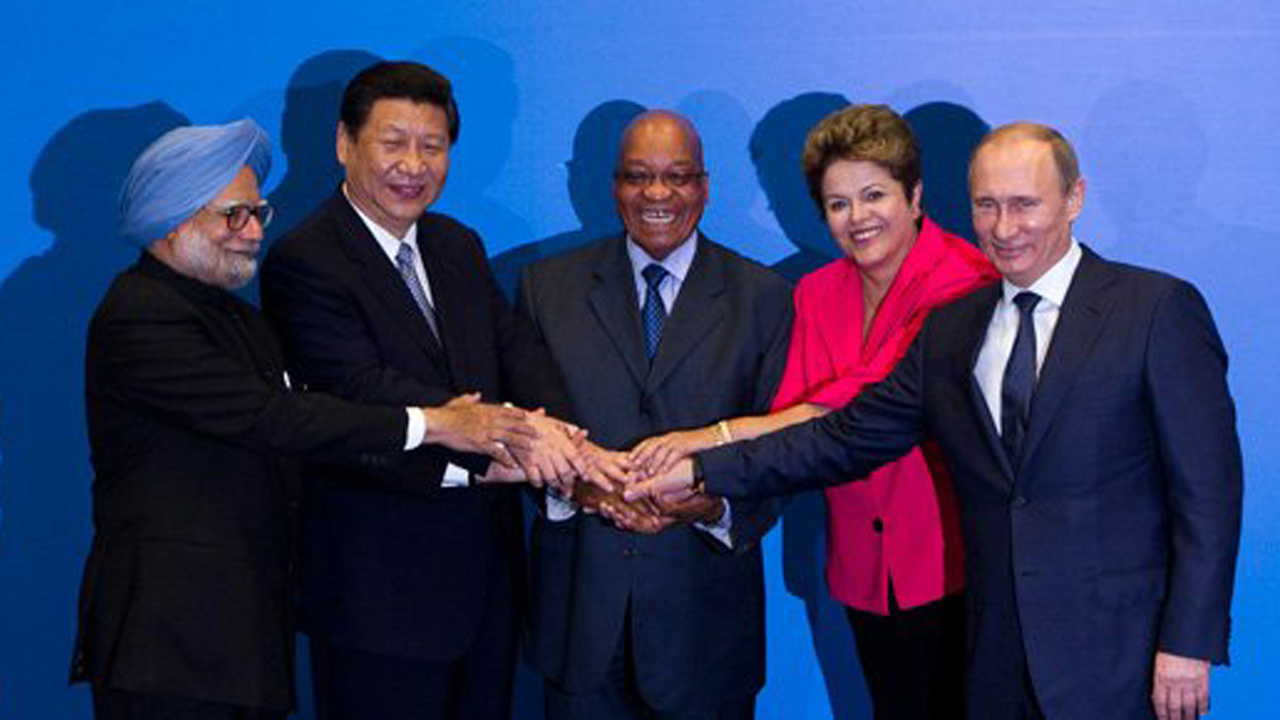Africa (Commonwealth Union) _ The world economies of Brazil, Russia, India, China and South Africa (BRICS) have accepted a document that sets out guidelines, principles and processes, for considering countries that wish to become members of BRICS.
Foreign Minister of South Africa states as the group aims to have more influence over the global order, the leaders of the BRICS have agreed to broaden the club of significant rising economies and have devised membership requirements. According to South African officials, about two dozen nations have submitted formal applications to join BRICS, which represents a quarter of the world’s economy and 40% of the world’s people.
Naledi Pandor, Foreign Minister of South Africa, said on Wednesday that the BRICS Presidents had “agreed on the matter of expansion” and that a more specific announcement will be made.
Pandor, stated on state-run Ubuntu Radio that a document have been drafted to set forth the criteria, principles and processes to examine nations that seek to become members of BRICS.
Narendra Modi, Prime Minister of India, had stated during the three-day summit held in Johannesburg that he was in favour of welcoming more participants and “welcomes moving forwards with consensus.”
Cyril Ramaphosa, President of South Africa, remarked, “We stand at the threshold of expanding the BRICS family.”
The bloc is decided by a consensus, and since South Africa joined in 2010, no additional members have been allowed.
On his second trip overseas this year, Chinese President Xi Jinping stated that the bloc’s expansion will “pool our strength (and) pool our wisdom to make global governance more just and equitable.”
In order to downplay the possibility of BRICS becoming a geopolitical rival, US officials have characterised the group as a “very diverse collection of countries” that includes both allies and foes.
The BRICS are an oddball collection of large and small economies, democratic and autocratic regimes, but they all have a common goal to challenge the Western-led global order, which they claim does not support their interests or growing influence.
Oil-producing behemoths Saudi Arabia, Iran, and the United Arab Emirates are a few of those who are considering joining the group.
The BRICS, according to Ramaphosa, are committed to advancing the interests of the developing world and are prepared to work with any government that wants to build a more inclusive international order.
Analysts predicted that Brazil, South Africa, and India would have to weigh the possibility of alienating the United States, a significant commercial partner, against the desire to maintain good relations with China and Russia.
BRICS leaders have joined about 50 heads of state and government at the summit. The degree of interest, according to BRICS leaders, is evident and their message has been strongly felt throughout the “Global South”—a general term for non-Western countries.








